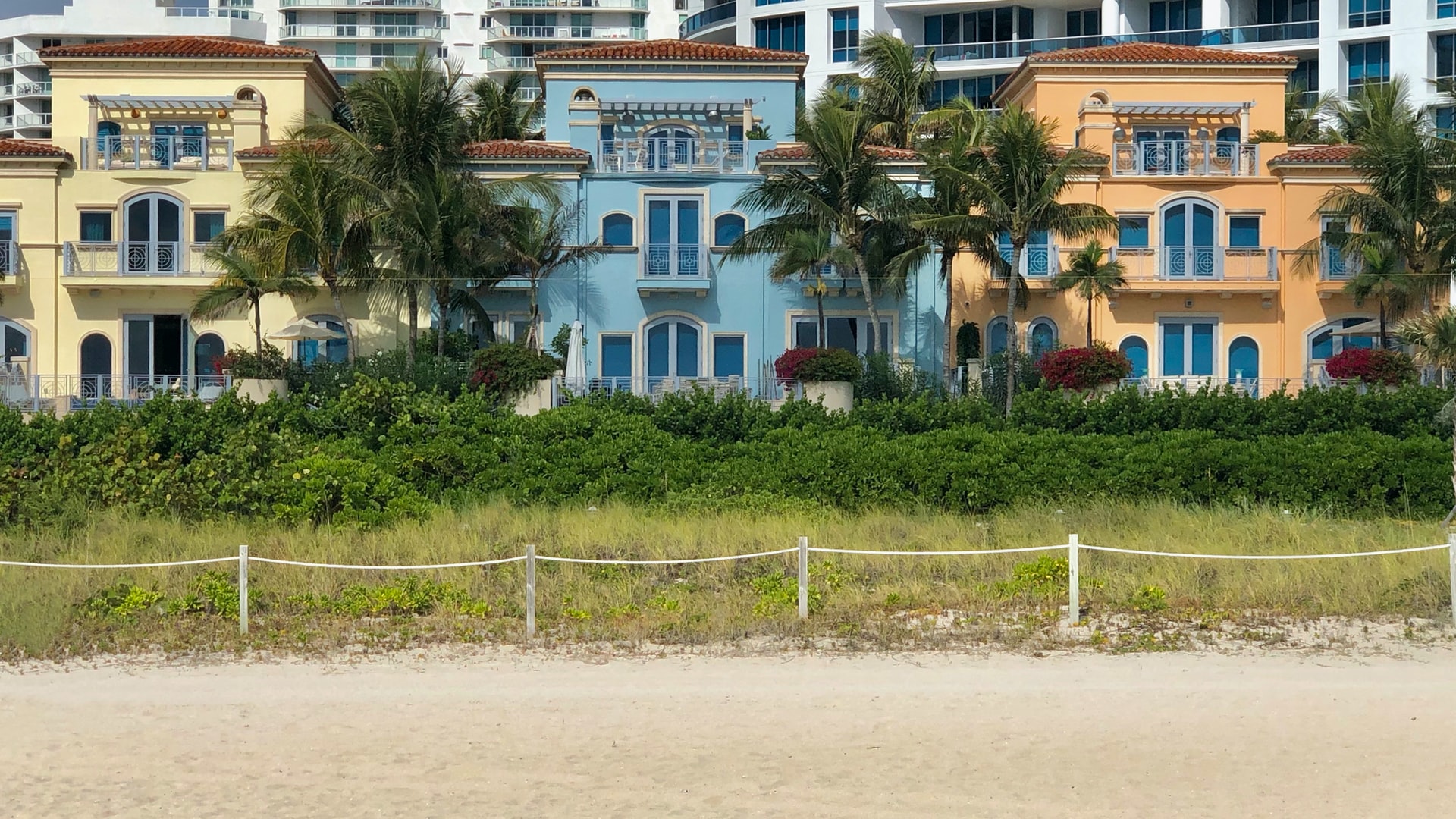In 2021, there was a year-to-year 29% drop in home foreclosures. In Central Fla.’s four counties, 2021 foreclosures dropped 8% – and 68% compared to 2019.
ORLANDO, Fla. – After fears that an end to the pandemic-induced moratorium on foreclosures would lead to a wave of homelessness, 2021 had the fewest foreclosures on record, and experts are saying they aren’t likely to rise much this year. The trend is contributing to the already tight U.S. housing inventory and putting more pressure on prices.
There were foreclosure filings on 151,153 properties nationwide in 2021, a 29% drop from 2020, according to a study by foreclosure analysts Attom.
Florida recorded foreclosures on 19,627 properties, an 8% drop from 2020. They represented 0.21% of all Florida properties, the third-highest rate behind Illinois with 0.23% and Nevada with 0.26%.
Metro Orlando, including Orange, Osceola, Lake and Seminole counties, saw fewer than 2,000 foreclosure filings – 5% less than 2020 and down 68% from 2019.
Experts say this is part of a trend that was accelerated by the pandemic but predates it.
“I think there will be a nominal rise [in foreclosures] this year,” said Orlando foreclosure attorney Steven Kramer. “I don’t think it will be a big swing.”
During the pandemic, the federal government banned foreclosures on homes with federally backed mortgages, a practice Kramer said most private lenders also followed. Many feared ending the moratorium would result in a wave of people with back payments losing their homes, but researchers and real estate professionals say that never materialized.
Foreclosure auctions did jump in the fall after the moratorium ended last September, according to David Sicherman, co-owner of OrlandoForeclosureAuctions.com, which handles foreclosure auctions for Orange County. September and October both saw more than 200, as opposed to 167 in August and 80 in July.
But, Sicherman adds, the increased numbers were in line with the past several years, not some huge wave for the area.
Kramer says that’s because of the equity that was gained as home values went up last year, leaving owners in a much better state than during the last mortgage crisis when many owed more than their houses were worth.
“At the very worst, if you’re unable to reinstate your mortgage, if you’re unable to negotiate with the bank, you can sell your house,” Kramer said. “You can take care of them and still put money in your pocket.”
Tansey Soderstrom, president of Orlando Regional Realtor Association, said, “The banks are working with people these days, where they weren’t before. I believe the sellers are taking advantage of that.”
Orlando only had 439 distressed sales last year, which includes bank-owned properties and short sales, a 51% drop from 2020, according to the association.
Kramer said banks are mostly willing to negotiate refinancing plans, eager to avoid the foreclosure crisis that followed the Great Recession in 2007 to 2009. “Banks still have that historical memory of what happened and what a [problem] it was,” he said.
While foreclosures have been trending downward for the past 10 years, the current drop is putting pressure on Orlando’s already-low housing inventory.
Sicherman says he’s seen a rise in third-party investors beating the banks at the auctions. “I’d say they’re bidding more because inventory is so tight in the general market,” he said, adding that foreclosure auctions are usually too competitive for most investors. “They’re willing to pay a premium just to get at the inventory,” Sicherman said. “It’s an inventory squeeze everywhere.”
Kramer said he can foresee a scenario wherein more people put their houses on the market to avoid foreclosure, which then increases inventory and lowers prices, causing the market to stall.
“But that’s assuming a bunch of variables, and there’s just no way to predict,” he said. While he imagines the market will probably slow down this year, he sees that happening no sooner than six months out. “By then, I would imagine the people dealing with the end of the moratorium will have already resolved their issues.”
© 2022 Orlando Sentinel. Distributed by Tribune Content Agency, LLC.



